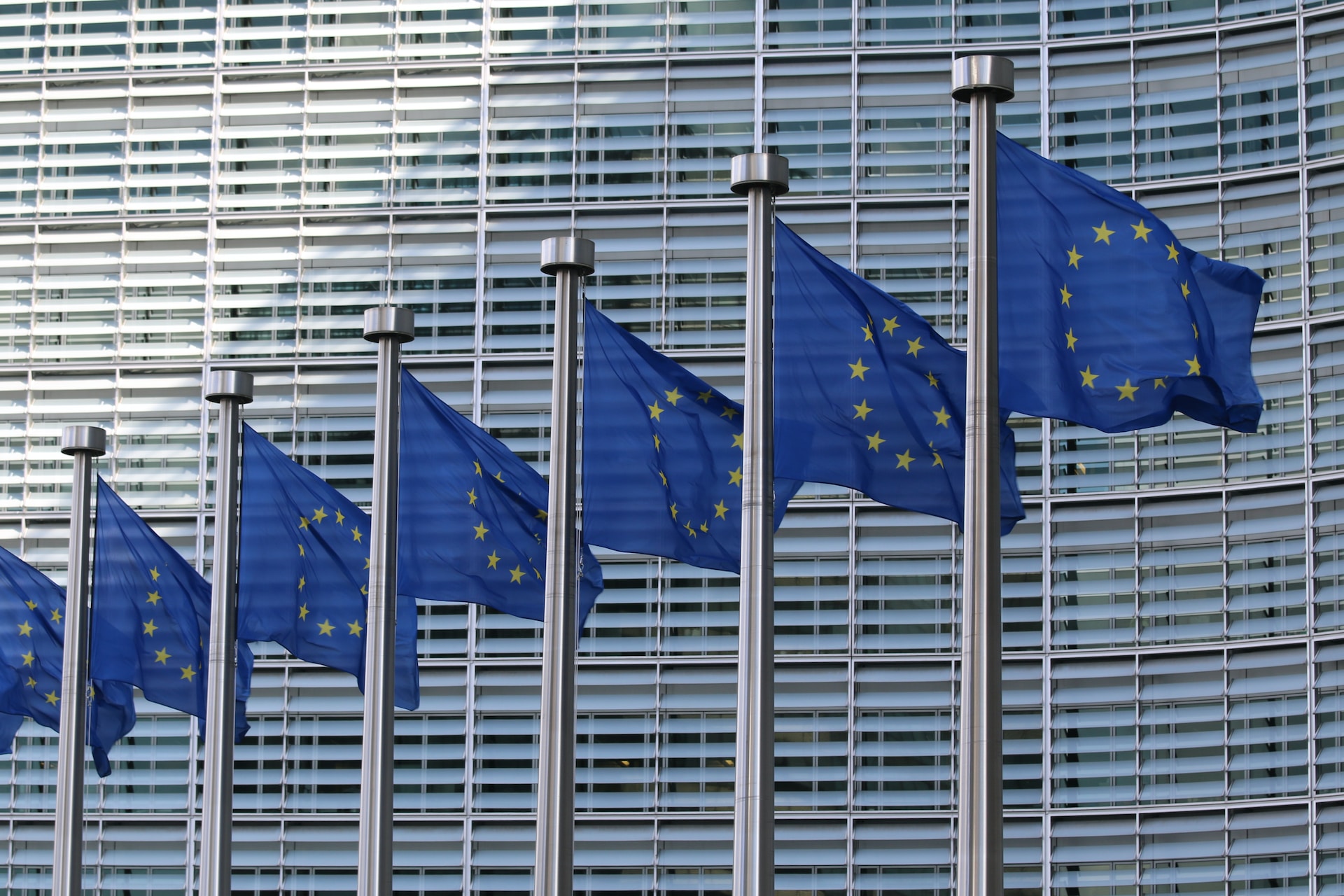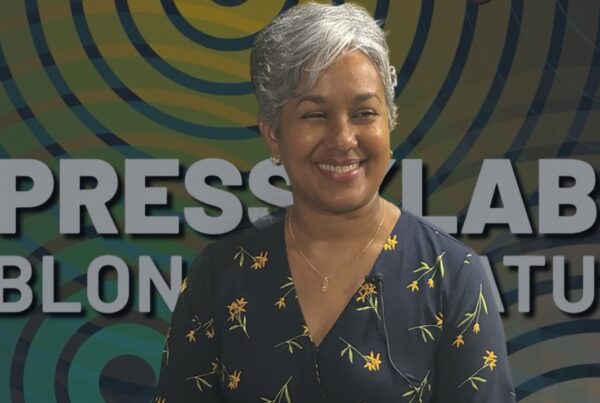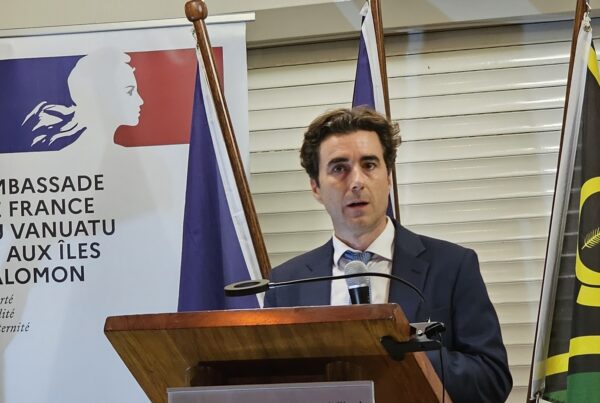By Nicolas Ritoux
Hindsight is always 20/20. Anyone who has followed the saga of the EU list of “high-risk third countries” since its inception in 2016 can now see a distinct pivot. Four and a half years ago, the bureaucrats at DG FISMA, the division of the European Commission in charge of maintaining the list, suddenly switched from due diligence to pure pretense, corrupting and politicizing their own blacklist in the process.
Until February 2019, their commitment to the fight “against money laundering and countering the financing of terrorism” (AML-CFT) was believable, but their subsequent work totally undermines that mission. Looking back, it all becomes so clear.
What kind of event was traumatic enough to make them totally delusional? We can start answering that question by sifting through the news coverage of the time.
To put things in context, DG FISMA had been diligently working on the first update of its AML-CFT blacklist, using an ambitious new methodology: based on the 5th Anti-Money Laundering Directive (2018/843), it “broadened the criteria to be considered by the Commission when making its assessment of high-risk third countries.” The result was a provisional list of 23 countries, including four U.S. territories and Saudi Arabia.
The issue immediately turned political:
- Washington Post: “Politically, the list was doomed. (…) Ever since the commission announced a draft list in January, Saudi Arabia has been lobbying E.U. members and threatening to cancel lucrative contracts with some European countries. Lobbying and diplomatic pressure matter — the U.K. and Spain expressed vocal opposition before the commission even released its final list. And that was before the United States entered the fray. (…) Within hours of the commission’s February announcement, the U.S. Treasury Department had advised American banks to ignore the list. Once the United States joined Saudi Arabia and Panama in lobbying E.U. members, the blacklist’s demise was all but assured.”
- Reuters: “The Saudi government said it regretted the decision in a statement published by the Saudi Press Agency, adding: ‘Saudi Arabia’s commitment to combating money laundering and the financing of terrorism is a strategic priority’ (…) London has led a pushback against the EU list in past days, and at closed-door meetings urged the exclusion of Saudi Arabia (…) The oil-rich kingdom is a major importer of goods and weapons from the EU and several top British banks have operations in the country.”
- Bloomberg: “[The list was] quickly criticized by the U.S. Treasury as the result of a flawed process. Officials representing the bloc’s national governments met in Brussels on Friday and agreed to ask the commission to revise the procedure of drafting the blacklist, people familiar with the matter said.”
The bureaucrats had taken great pains to explain their rationale in a long document – Delegated Regulation of 13.2.2019 – for each country they added to or removed from the proposed list. This is what they wrote about Vanuatu:
“The Commission reviewed the strategic deficiencies of other countries listed in Regulation (EU) 2016/1675 that have been delisted since July 2016 by the FATF (BosniaHerzegovina, Guyana, Lao People’s Democratic Republic, Uganda and Vanuatu) based on the new requirements of Directive (EU) 2015/849, as amended by Directive (EU) 2018/843. The Commission’s analysis concluded that, at this stage, Bosnia-Herzegovina, Guyana and Vanuatu do not have strategic deficiencies in their AML/CFT regime considering the available information. Those countries have recently taken a number of measures in order to reinforce their AML/CFT regimes and the Commission will further monitor effective implementation of such measures.”
All that sound risk-management reasoning was to no avail. The forces of “realpolitik” prevailed: Saudi Arabia and the U.S. were simply too big to be named and shamed, despite their deficiencies or the money laundering they facilitated.
On March 5, the Council of the EU unanimously rejected the draft list. The previous list from July 2018 thus remained in effect until further notice.
If before that turning point, the Commission bureaucrats still had an ounce of commitment to fighting financial crime, their subsequent work made it clear that they were now entirely driven by politics.
The old blacklisting criteria – facilitating financial crime – no longer applied. Brussels is a small town and nobody at DG FISMA wanted to compromise their careers. Enter the new blacklisting criteria: a weak country with no allies among rich nations, one that could be safely targeted without fear of retribution.
But we couldn’t see that then.
We didn’t hear from them for another 15 months, then they released yet another new methodology* which, while ostensibly making the process more “transparent,” would consistently deliver the safest political targets. Each list update in May 2020, December 2020, February 2022, February 2023 and June 2023 only made it crystal clear. Today most of the 27 countries on the list have the lowest possible geopolitical profile, many of them among the smallest, most subordinated nations in the world.
Meanwhile, facilitating money laundering continues unabated in the places where the real action takes place. Only five of the EU-blacklisted countries appear in the top 50 positions on the Tax Justice Network’s 2022 Financial Secrecy Index.
Is it really credible to suggest that places like Barbados, Botswana, Ghana, Jamaica, Mauritius, Mongolia, and Trinidad and Tobago “pose significant threats to the financial system of the Union”? These are all tiny countries with GDP to match.
Clearly, it doesn’t matter.
The “FIS” in DG FISMA may still stand for Financial Stability but their goal is obviously Political Expediency. They get the political benefit of looking strong on AML-CFT and they avoid the political cost of actually addressing it.
In their previous Financial Stability mission, their methodology targeted actual money laundering, so they needed Vanuatu off the list.
In their new Political Expediency mission, they’re using a methodology that targets defenseless countries and so they need Vanuatu on the list.
Prior to 2019, tiny and inconsequential Vanuatu was the perfect candidate for delisting. Then it became the perfect candidate for blacklisting.
This analysis makes it much easier to understand the erratic behaviour of DG FISMA towards Vanuatu’s authorities. For many years, we were left to wonder why they made no effort to remove us from the list, instead treating us with silence and delays, then giving us vague directions and inscrutable instructions.** Looking at it through a political lens, it now makes perfect sense: they won’t help us get off the list because they need us on the list.





